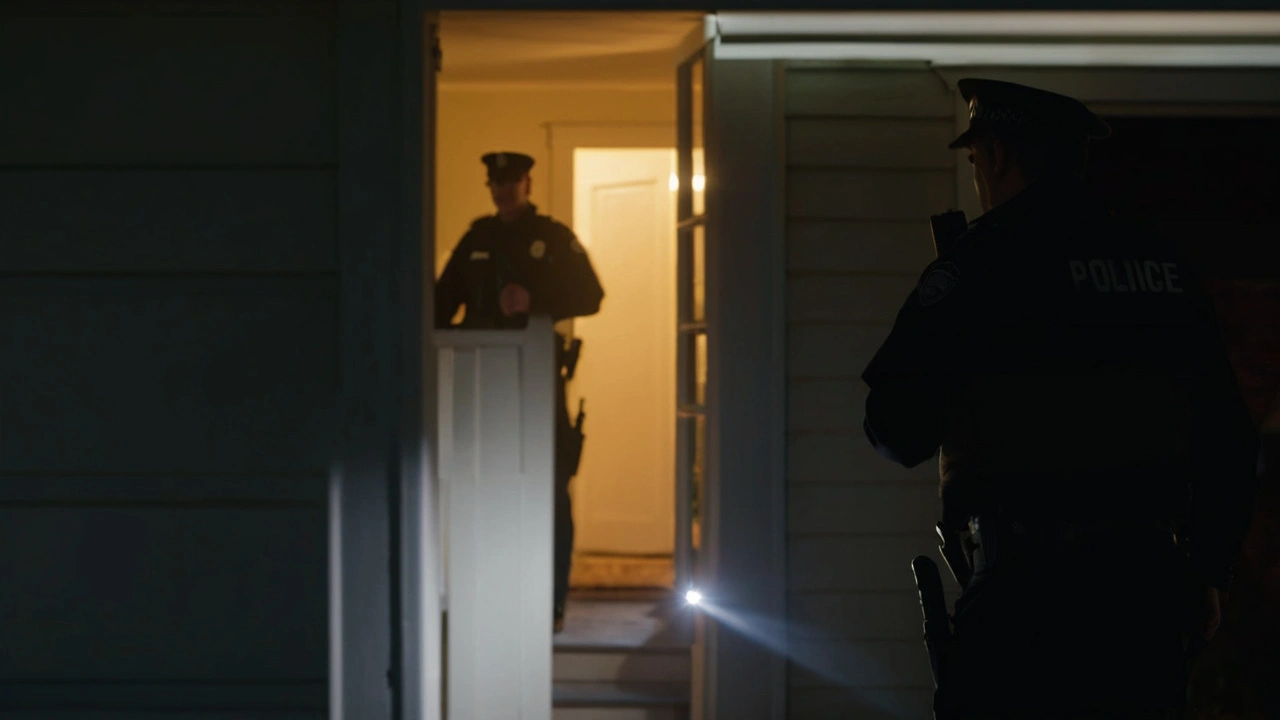Police misconduct: what it is and how to respond
Police misconduct is a serious issue that damages trust and safety in communities. It shows up where officers use excessive force, make unlawful arrests, steal, harass, discriminate, or cover up crimes. Victims are often ordinary people going about their day. Knowing what police misconduct looks like and how to respond can protect you and others.
Common forms of misconduct include violent force that is unnecessary for the situation, racial profiling and discriminatory stops, illegal searches without warrants or consent, false arrests or planting evidence, sexual abuse or harassment by officers, corruption like taking bribes, and use of excessive restraint techniques. Misconduct can also hide in poor record keeping, tampered bodycam footage, and slow or biased internal investigations.
How to document and report
Start with safety. If you feel in immediate danger, put distance between you and the officer and call emergency services or a trusted contact. When safe, record the incident with your phone. Note the time, place, badge numbers, patrol car ID, and the names of any witnesses. Save medical records and photos of injuries or damage. Ask witnesses for contact details and ask the officer for their name and reason for the stop if this is safe to do. Keep copies of any paperwork the police give you.
File a complaint with the local police oversight body, internal affairs, or independent commission. Many countries have online complaint portals or civil rights groups that assist with filing. If an internal investigation stalls, contact a lawyer, a human rights organisation, or a local watchdog group. Share clear and factual evidence only. Avoid posting unverified claims on social media where they can be used against you.
Legal options and community action
You can pursue criminal charges if the misconduct is a crime, or civil claims for damage and medical costs. Look for legal aid clinics, pro bono lawyers, or local bar associations that offer free consultations. Community groups can help collect testimony, push for transparent investigations, and lobby for reforms like body cameras, independent review boards, better training, and clearer use-of-force rules. Public attention often speeds up fair investigations.
Know your rights during police encounters. Ask calmly why you are being stopped. Keep your hands visible. You can refuse a search if there is no legal basis, but state your refusal politely and do not physically resist. Record the encounter when possible. If arrested, say you want a lawyer and do not answer questions until one is present.
If you witness misconduct, act as a safety witness. Record what you see, call for help, and share contact details with the victim. Support groups and local media can amplify the case and pressure authorities to act.
Daily Africa Global News reports on police misconduct across the continent and shares resources for victims and witnesses. If you have verified information or need help finding support in your country, contact our newsroom or check our resources page. We publish guides, contact lists, and legal templates to help you take next steps and stay safe.

Bodycam Footage Reveals Deputy Fatally Shooting Sonya Massey After 911 Call
The Illinois State Police released body camera footage showing the fatal shooting of Sonya Massey, a 36-year-old Black woman, by a deputy after she called 911 about a suspected prowler. The footage shows her initially cooperating before the situation escalates sharply, leading to her tragic death. The deputy involved has been charged with murder, sparking widespread calls for justice.